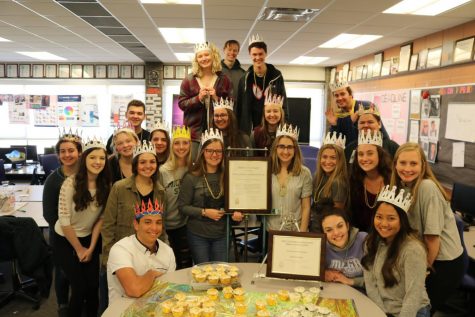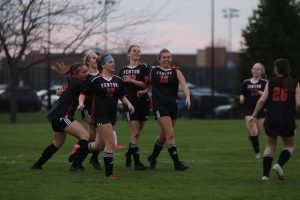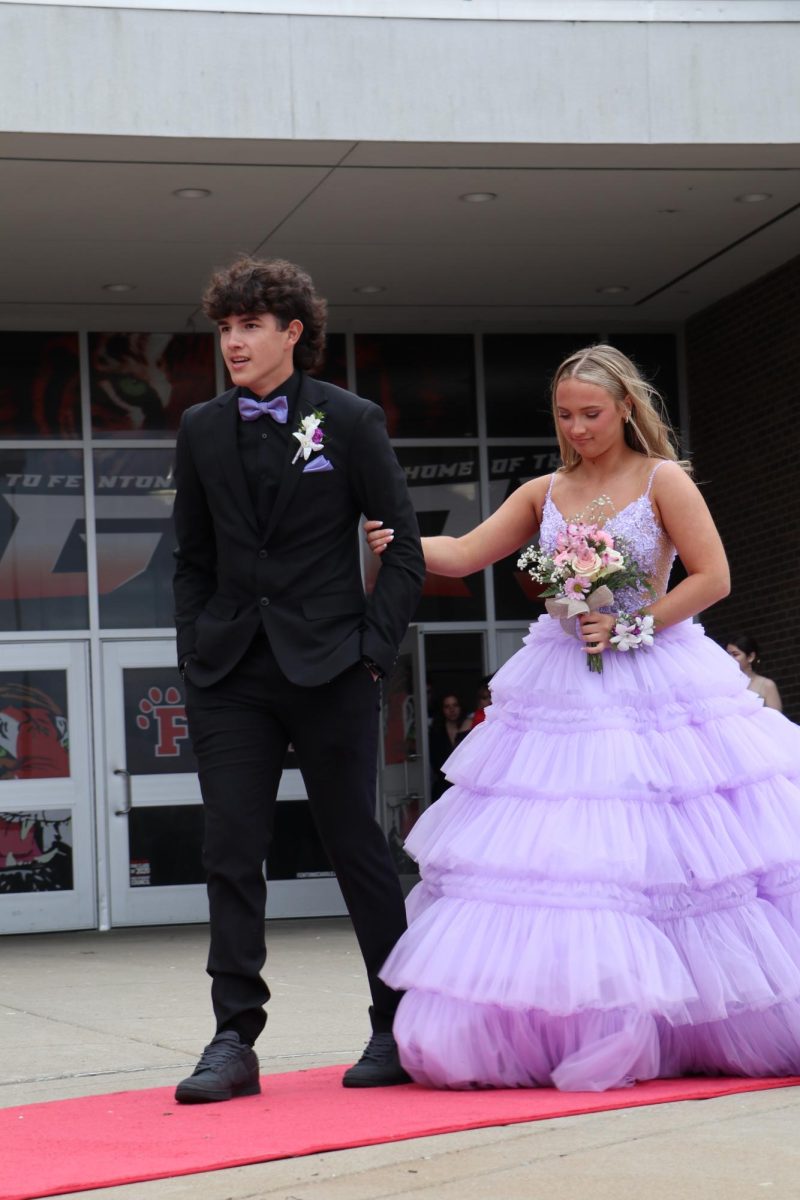Students have limited rights on school property to ensure the safety of others
April 19, 2019
The Bill of Rights in the Constitution clearly states the civil liberties we have as people, specifically in the first amendment: freedom of religion, freedom of speech, freedom of the press, freedom of assembly and the freedom to petition. Because public schools are run by the government, they must abide by the constitution. Despite this, we agree as a nation to give up some of those rights in certain situations in order to protect the safety of ourselves and those around us. So what rights do students have on public school grounds?
“You don’t shed all your rights here, but you do shed some of them,” Vice Principal Laura Lemke said. “You do so because you want to be apart of this community. You want to be here to get the education. You always have other choices in terms of education, online education or a different school altogether. There’s always some limitations to it. In the section General Limitations of Freedom in our Code of Conduct, it talks about how you can reasonably restrict to protect the rights of all.”
Students do have fewer rights in school than outside. The Supreme Court case New Jersey v. T.L.O. in 1985 ruled that school officials may search students without a warrant when they have reasonable grounds, according to the American Civil Liberties Union. For example, if a teacher thought he saw a student selling drugs, he could ask that student to empty their pockets and search their backpack. However, if that teacher just thought someone in the school must have drugs on them, that does not give them authority to search all students.
“Typically the administration could search the students backpack and or locker (with probable cause),” Officer Tom Cole said. “Now if they found something then, they would contact police to handle the situation from there. Even with me being in the school today, I would not be able to search a student without the permission of the school. It would have to be out of more than just suspicion. Maybe it’s odor, like the person smells of alcohol or marijuana; maybe this person is receiving many texts or phone calls or maybe it’s a simple hand-to-hand motion. Those are all factors that lead into that.”
Students do keep all their rights at all times, however there are always restrictions in the school due to reasons such as our right to education and freedoms from discrimination.
“We never give our rights up—you could say restricted, but it’s because other people have rights too,” Cole said. “To go down the hallway, you could easily discriminate against someone. Saying “I hate a certain race” or “I hate a certain gender” or discriminating against sexual orientation—this is all free speech. But if the people are not able to leave that area, it also starts going into that realm of hate crime. People do not have the ability to remove themselves from the situation.”
To put it simply, our rights in public schools are “restricted” in order to protect other rights. For more information about what rights students have, check Fenton High Schools Code of Conduct.











